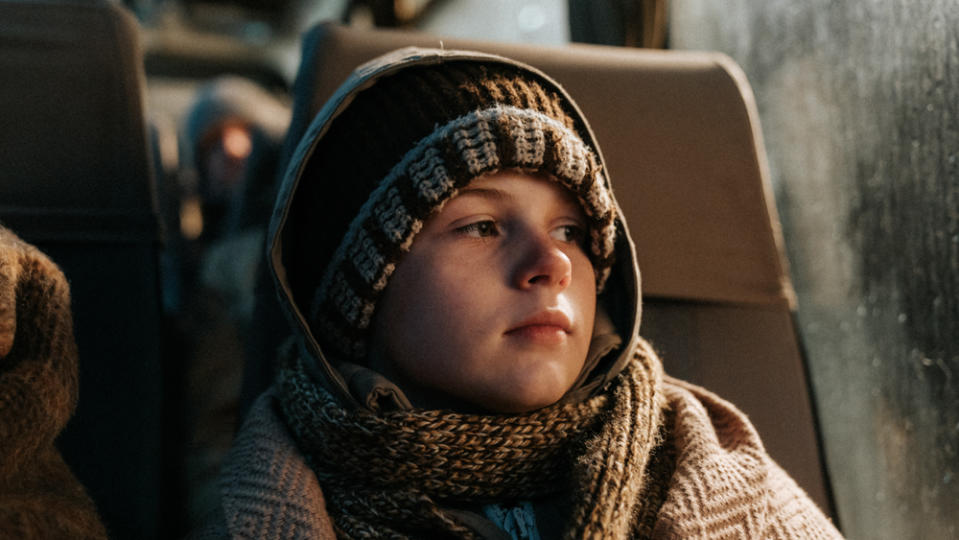Berlin Crystal Bear Winner Rafael Kapelinski Shoots ‘Budapest Diaries’

Rafael Kapelinski’s drama “Budapest Diaries” wrapped shooting in Budapest this week. The Polish-Hungarian coproduction is set in 1981, when the political and economical crisis worsened in Poland, and many people travelled to Hungary where the repression was less severe, according to Film New Europe.
Kapelinski is a London-based writer-director, a graduate of the U.K.’s National Film and Television School and the London Film School. In 2017 he was awarded the Crystal Bear at the Berlin Film Festival for his debut feature “Butterfly Kisses,” a British production.
More from Variety
“Budapest Diaries,” written by Kapelinski, tells a touching story about the relationship between 11-years-old Irek and his mother, Hanna. She claims they are travelling so that Irek can see a more beautiful and colorful world. He eventually discovers that the motive for their journey and the adult world are far more complex than he might have ever imagined.

Courtesy of Lukasz Bak
After several appearances in Polish television series, this is Agnieszka Judycka’s first lead role in a feature film, as the mother. The cast includes mainly Polish actors, including Piotr Rogucki, Mykyta Liashchenko, Oleksandr Liashchenko, Sambor Czarnota, Paweł Janyst, Bartłomiej Firlet, Arkadiusz Smoleński and Klara Bielawka. Among the Hungarian actors, Dorka Gryllus has the biggest part.
Production started in Katowice in March and moved to Budapest later that month. The filming will finish in Wroclaw on May 19. There are 36 shooting days.
Kapelinski developed the screenplay, which is loosely based on a true story from his childhood, at the Cinéfondation Residence, the EKRAN program and the Ateliers d’Angers workshop, and he was a finalist at the Script Pro screenwriting competition.

Courtesy of FNE
“Budapest Diaries” is produced by Małgorzata Domin and Dominika Mandla through Domino Film in coproduction with Gábor Osváth and Balázs Zachar through Filmfabriq.
The film is financed by the Polish Film Institute (PISF), the Lower Silesian Film Center (DCF), Silesia Film, the Audiovisual Technology Center (CeTA) and the Polish Ministry of Culture and National Heritage. The National Film Institute – Hungary also supported the production with Euros 517,000. The total budget is approximately Euros 2.5 million.
This article is published in partnership with online news service Film New Europe, which covers film and TV industry news from across Central and Eastern Europe.
Best of Variety
Molly Shannon's Memoir 'Hello Molly' Is Already an Instant Bestseller on Amazon
2022 Primetime Emmys Awards Season Calendar: The Governors Balls are Back After Two Years
Sign up for Variety’s Newsletter. For the latest news, follow us on Facebook, Twitter, and Instagram.

